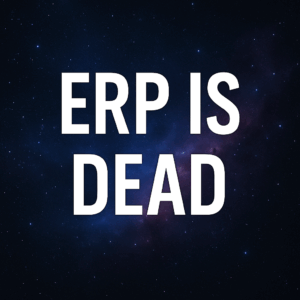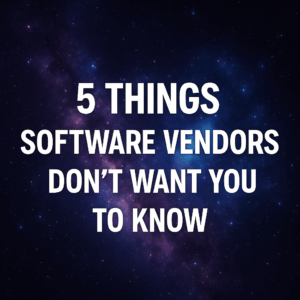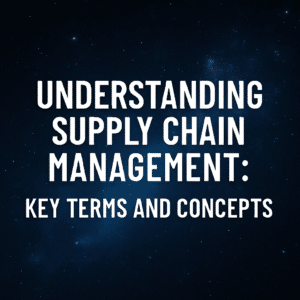In Third Stage’s top 10 ERP system rankings of 2020, Oracle NetSuite landed in first place. In addition to functionality, one of the reasons for its placement was the growing presence and foothold it has in the marketplace. This does not appear to be changing.
We are talking to many companies that are moving towards NetSuite simply by default, stating it seems to fit their industry and general needs and is essentially an “easy out” when pressed by management to find a new ERP. While we have given NetSuite recognition in the past, we do not recommend choosing it without careful evaluation.
Following are some considerations before planning for a NetSuite implementation:
Table of Contents
ToggleNetSuite IS Oracle
This could be considered a positive or a negative depending on your experience with large software companies. Many people lean towards NetSuite as a hip, young cloud company, wanting to avoid the politics and stale mindset of traditional ERP companies. And Oracle has done a fantastic job in keeping that NetSuite image and branding separate; but we still need to consider that Oracle is the ringleader.
You will gain the stability, R&D and confidence that Larry Ellison and his crew are working behind the scenes, but on the other end NetSuite is not the sole focus of Oracle, not even close. Consider that as a NetSuite customer you will be impacted by Larry’s quest to outplay Amazon, and this can come with a cost. (Also see our comparison of Oracle NetSuite vs. Oracle ERP Cloud).

NetSuite is a millennial playground
As mentioned above, this is the image that has grown the company and that Oracle is keen to keep distanced in its marketing. This is who NetSuite is from a market perspective and cannot (nor should) be changed. We do hear concerns from many people after entering the NetSuite sales channel that they feel like they are working with “their children and friends”.
This should not necessarily cause for alarm as younger folks bring the new ways of thinking, awesome user interface and other innovative ideas that have made NetSuite successful. Do keep in mind, however, that with a “just out of college” workforce you may not be getting the years of experience needed to guide your business through a complete digital transformation.
NetSuite brings a “cookie-cutter” approach
For the reason mentioned above, we are finding that NetSuite tends to bring the same approach to almost every opportunity. Part of this does stem from the fact that the people selling you the software have only done this a handful of times in the past (on average, we do recognize NetSuite has brought on some senior resources).
The sales and implementation training that NetSuite provides is a good starting point, but we haven’t seen much creativity and flexibility in the solution build and implementation of NetSuite. Part of this also has to do with being a less flexible cloud ERP system when compared to legacy on premise solutions. With this consideration, if you are in a very unique industry or carry unusual competitive differentiators, take caution when evaluating NetSuite.
NetSuite builds its solutions with a best-of-breed mindset
NetSuite is expanding quickly across new markets and increasing its footprint to larger and global businesses. There is only so much that a core software platform can keep up with, and NetSuite has built a strong network of partnerships with supporting best of breed ERP software and modules to fill in the gaps. Be aware that your “solution” when said and done will more than likely include more than just NetSuite, and NetSuite won’t take responsibility for the performance of its partners.
NetSuite promotes fixed-cost implementation
At first, many companies love this concept, being able to budget and contain costs surrounding an ERP implementation. In our view, however, this can be a very dangerous situation:
- As with anything, you get what you pay for. If you end up needing more effort on your implementation, you will not receive it without paying more.
- NetSuite is in business to make money. What this means is you will receive the minimum effort needed to get your software up and running, allowing NetSuite to make additional margin.
- You will likely receive less-qualified (less expensive) resources to again help build margin.
- Implementation quotes include pure out-of-box. Everyone states this is what they want, but very, very few companies ever implement 100% out of box. All additional configuration will come at the stated time & materials rate above and beyond the quoted fixed price.
- Implementation costs assume only for the NetSuite portion of implementation. Any partner platforms brought in will contain additional cost.
Third Stage is in business to provide independent ERP consulting analysis surrounding technology and transformation, and we stress that every business decision comes with both pros and cons. NetSuite remains a market leader and we often recommend NetSuite as the ERP of choice for many of our clients, but we don’t recommend jumping off the cliff until you know what’s below the surface.





